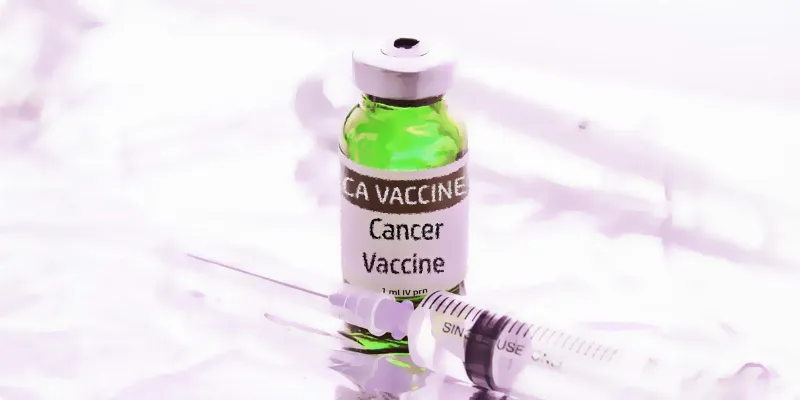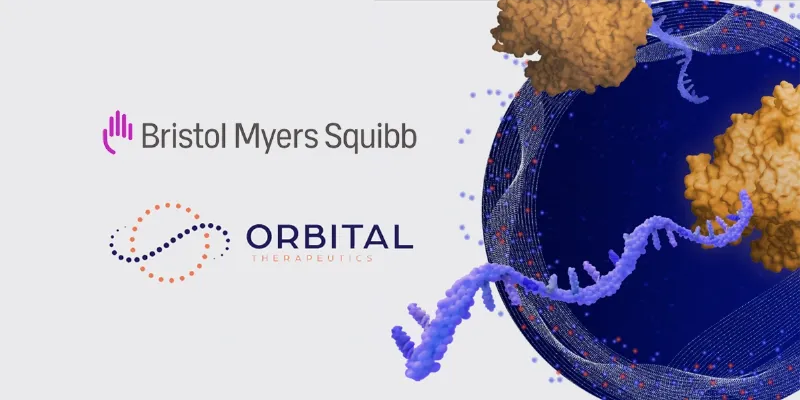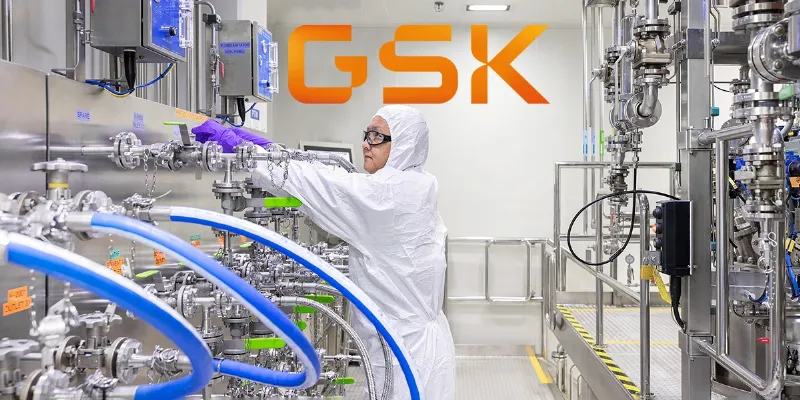Ultimovacs' Cancer Vaccine Demonstrates Survival Benefits in BMS Combo Trial


Pharma |
19 October 2023
Norwegian biotech firm Ultimovacs has unveiled promising data on its cancer vaccine candidate, UV1, in a recent clinical trial, suggesting potential survival benefits for patients suffering from malignant mesothelioma - a rare and aggressive cancer primarily affecting the lining of the lungs.
Earlier this year in June, the company faced skepticism when it announced that its UV1 vaccine, when combined with two Bristol Myers Squibb (BMS) drugs, Opdivo and Yervoy, did not meet its primary objective of demonstrating an improvement in progression-free survival (PFS) for second-line malignant pleural mesothelioma patients. This caused a stir among investors, with shares plummeting as the trial missed its primary endpoint.
While previous results showed no significant progression-free survival benefit, continued monitoring revealed a promising 15.4-month median overall survival. The findings offer hope for treatment-resistant mesothelioma, with Ultimovacs shares rebounding significantly.
“For patients with malignant mesothelioma, few treatment options are available after first-line chemotherapy. The NIPU study showed that patients receiving UV1 vaccination as add-on to nivolumab and ipilimumab experienced an increased objective response rate and a clinically meaningful prolonged survival. These encouraging results provide a foundation for advancing further clinical development with UV1 vaccination in mesothelioma patients,” said Principal Investigator of the NIPU clinical trial, Professor Åslaug Helland, MD Ph.D. “We want to extend our gratitude to the patients and their families, as well as the dedicated investigators and all our supporters whose invaluable contributions made this study possible.”
Recent data reveals that patients who received the UV1 vaccine in conjunction with Opdivo and Yervoy experienced a median overall survival (OS) of 15.4 months. This is a significant increase compared to the 11.1 months observed in the control group where patients were treated solely with the BMS drugs. Yet, it's worth noting the wide and overlapping 95% confidence intervals from the phase 2 study, which suggests a cautious approach in interpreting these results.
A deeper look into the abstract data presents a nuanced picture. While the blinded independent central review reported a PFS of 4.2 months for the treatment arm against 4.7 months in the control group, assessments by local investigators paint a slightly different narrative. According to these assessments, the PFS for the UV1 vaccine stood at 4.3 months, surpassing the control's 2.9 months.
This development, which marks the first demonstration of a universal cancer vaccine's efficacy in a randomized Phase II clinical trial, is a potential game-changer in the fight against malignant mesothelioma—a form of cancer notoriously resistant to treatment and often linked to asbestos exposure. With no established standard of care for second-line treatment, these findings could pave the way for new therapeutic avenues for patients.
Ultimovacs remains optimistic about their UV1 vaccine, viewing this data as a green light for further clinical trials. The medical community eagerly anticipates the upcoming top-line results from phase 2 trials in melanoma and head and neck cancer slated for next year.
In the wake of this positive update, Ultimovacs' shares witnessed a significant surge, regaining and surpassing their value before the dip in June. This resurgence indicates renewed investor faith in the firm's endeavors.
Disclaimer: This article is purely informational and does not constitute medical advice. Always consult a medical professional for health-related decisions.
Nivolumab and Ipilimumab +/- UV1 Vaccination as Second Line Treatment in Patients With Malignant Mesothelioma
Study Overview: Several studies have investigated the use of checkpoint inhibition in Malign Pleural Mesothelioma (MPM). Most of them are small studies investigating the efficacy of single-agent immunotherapy in few patients. Given that the combination of anti-PD-1 or anti-PD-L1 therapy with CTLA-4 has been shown in other cancers to enhance treatment effect, combined checkpoint inhibitor treatment has also been investigated in patients with MPM. Although these results are encouraging, the response rates seen are moderate compared to what has been documented for the combination of checkpoint inhibitors in other cancer indications. An approach to further enhance the PFS and response rate in MPM may be to use a vaccine aiming to activate an immune response directed against tumor-related antigens, and to combine the vaccine with checkpoint inhibitors. The proposed study will evaluate the use of the therapeutic cancer vaccine UV1 in combination with nivolumab and ipilimumab after progression on standard first-line chemotherapy in patients with malignant pleural mesothelioma. The objective of the study is to induce a meaningful progression-free survival benefit in patients with MPM after progression on first line standard platinum doublet chemotherapy, by treating with nivolumab and ipilimumab with or without UV1. The primary end-point (PFS) is expected to be analyzed in 2023.











Comments
No Comments Yet!